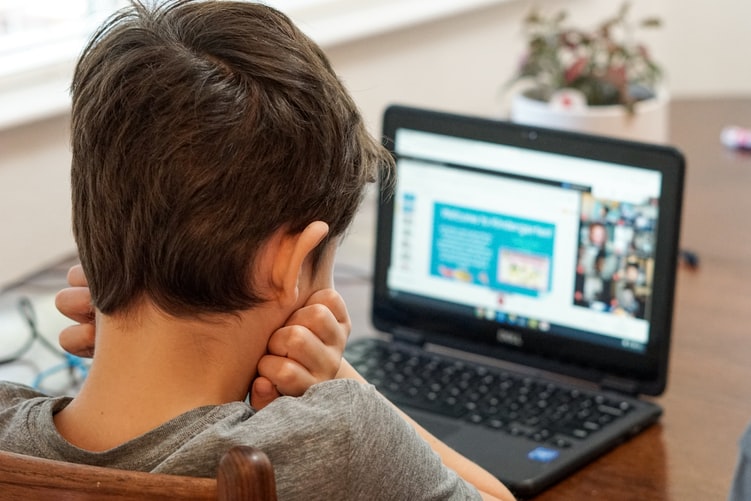
Throughout the world, many students are experiencing school in a completely new way. Instead of students learning in a classroom, most educational facilities have begun online or distance learning. Other students are experiencing hybrid plans, combining both in-person and distance education.
Many students are dealing with new ways to learn. However, it’s also important to think about what these children’s parents are going through.
Determining Whether Distance Learning Works for Your Child
If you want to learn how your child is doing with distance learning, you can follow a few tips. Here are four great ways to learn more about how online learning works for your child.
- Take a Closer Look at Their Problems
During this time, many children feel that online learning is like entering a new world. Because of this feeling, it’s understandable for children to feel like they’re struggling in certain areas. If you want to help your child, take a closer look at the exact issues they’re experiencing.
- Work to Establish Educational Goals
Another important step to take is to understand your child’s goals. These types of goals can vary, depending on your child’s age and where they’re at in lesson plans. It’s also a good idea to ask your child’s school or teacher if they can provide you with copies of current lesson plans.
- Focus on Your Child’s Mental Health
As people continue focusing on physical health issues, it’s sometimes easy to forget about your family’s mental health. When you’re used to attending school in person, remote learning sometimes causes mental health issues to develop.
Another way to help your child includes online therapy. Popular online therapy services like Talkspace enable children to speak with therapists. Plus, Talkspace has many therapists on hand who specialize in helping younger patients. Best of all, services like Talkspace are often more cost-effective than working with a local therapist.
- Take Time to Speak With Educators
There’s another important group to focus on during this time, and that’s those teaching your children. Educators also have to make many adjustments to work from home. With that in mind, they know a lot about what you and your child might be going through. If your child is dealing with distance learning issues, it’s a good idea to schedule a time to speak with their teacher.
This type of meeting is helpful because it allows teachers to take a closer look at what issues your child might be dealing with. Unfortunately, it’s sometimes hard for teachers to spot what’s happening with one student in a remote setting. It might also allow your child to schedule one-on-time time with a teacher.
Parents Know Best
If things are going well with your child’s distance learning, that’s great. However, as a parent, you probably know the signs of a struggling child. It’s difficult to find children and parents who aren’t struggling with this new way of learning. Fortunately, the stress of this event is something we will all eventually put behind us.



